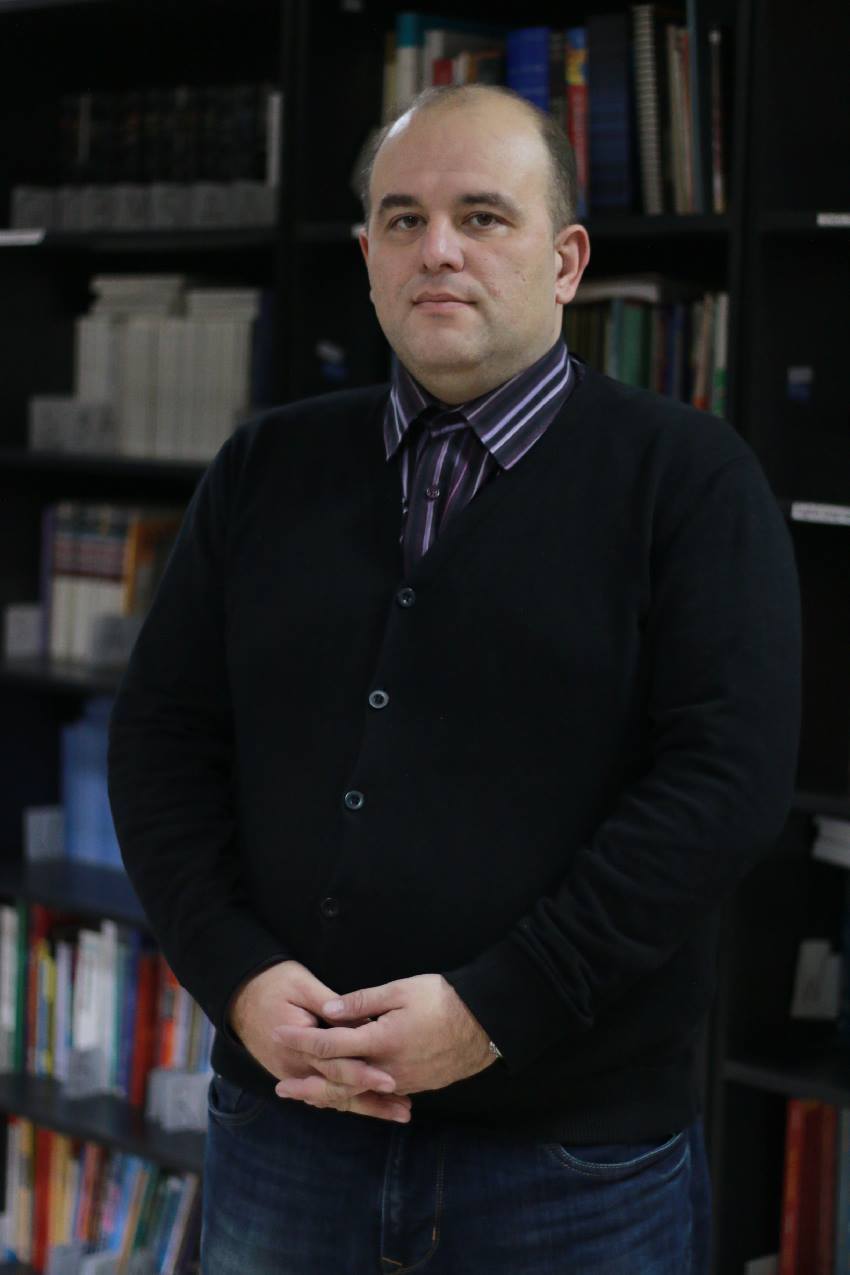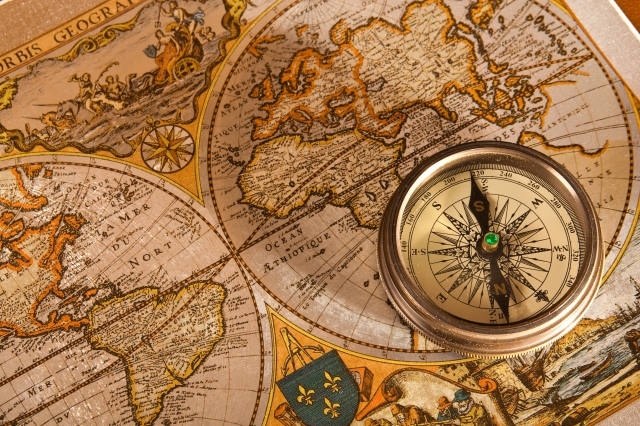Georgian Society’s Perception of the West after Terrorism Menace
It’s better to look the truth in the face: after a series of hazardous terrorist acts have covered the European continent, a certain air of vulnerability and insecurity has become affiliated with the Western community. And for Georgia, which always expressed very pro-European sentiments since restoring its sovereignty in 1991, this means a tumultuous spell of fear and uncertainty in an already quite addled foreign policy agenda.
After the occupation and annexation of Crimea by the Russian Federation, a new label has emerged - the “New Cold War” - thanks to well-known journalist and scholar Eduard Lucas and yet another term, “New Terrorism” (terrorism associated with religious frustration), has been taken up by keynote experts and scholars.
Western society has been facing up to new challenges and threats the scale of which it clearly never anticipated. Paris, Brussels, Istanbul, Nice, Munich, and Paris again – there are few clues as to how far it will go. Individual suicide-terrorists and special units of trained terrorist groups have exacted severe psychological menace and fear on the European community as part of a Global War of Terror.
NATO now borders two quasi-state entities: the “Caliphate” declared by ISIS and Al-Qaeda’s emerging “emirate” in northwestern Syria. These entities will continue their reliance on terrorism as the weapon of choice against what they broadly understand as their nemesis – The West, and further, given the right circumstances and opportunities, could subsequently gravitate towards other means of waging a war of attrition.
Considering that the Euro-Atlantic security landscape has been changed and security provisions are being forced to deal with asymmetric military challenges posed by ISIS (the recent NATO Warsaw Summit acknowledged the existence of the threats and counted ISIS as a chief threat to the whole Euro-Atlantic community – see final Communique), from Western society a demonstration of vulnerability and inability to cope with these challenges is very much troubling to those states aspiring to become an indispensable part of the Western community – and Georgia is a prime example of this.
Since its first days of independence, the Georgian community has been declaring in very strong terms an adherence to liberal democratic values. One could argue that these aspirations were what prompted a severe (and mutually shared) dislike between Georgia and its northern neighbors, or, to narrow it down, to the authoritarian rulers in the Kremlin - starting from predominantly “liberal” President Boris Yeltsin, his cozy Oligarch “Semibankirshina Republic” rulers, and ending with what is perhaps an annals-worthy classic example on non-restricted authoritarian governance of “Tsar” Vladimir Putin. But no matter the pressure, the “Due West” course is still a dominant feature for the Georgian audience – considering last week’s NDI poll results which revealed that more than 52 percent of Georgians support the pro-Western foreign policy tendency for joining NATO and the EU. What drives the Georgian community to “Go West” in even such an uncertain security environment is indeed a curious matter to research. There were and remain several key factors why Georgians opted (and will continue to opt) for that geopolitical path, including:
- Having a solid security “umbrella” to be protected from real military as well as non-military threats and challenges to its sovereignty;
- Having an opportunity to promote democracy and rule of law provisions for strengthening nationhood;
- Having the ability to build-up and develop a society with strong economic and social welfare;
- Having a chance not to miss another historic chance to join the European community as an entity of true European origins.
It can be argued that the West has also been responding to a certain level, for instance, the recently released EU Global Strategy highlights the importance of states to the east and the south, and the contribution those societies (where Georgia holds key position) make to Europe’s security. As for NATO’s perspective, under the aegis of the 2010 NATO Strategic Concept, the Alliance should, when affected by developments beyond its borders, engage in attempts to enhance international security via a network of partnerships with third countries (including, first of all, Georgia).
However, these positive responses and reactions to Georgia’s loud aspirations might not be enough to persuade people that they have chosen right path for much longer. At the moment, when European security lies in a fragile shambles due to the looming terrorism “shadows;” when Georgian citizens are dismayed with the rather disappointing protraction of the visa liberalization process; when there are no real plans from the European community to cope with massive illegal migration, hybrid warfare, worsened social and economic conditions; and when there is not enough space yet for Georgia’s full-pledged participation into the Euro-Atlantic structures – by and large, the above four key historic and strategic priorities are being shelved, undermining Western orientation.
There are a number of questions every ordinary citizen of Georgia would very much like to ask “those nosy EU people”, such as – how secure is it to travel in EU member-countries? Why are we deprived of the chance to travel without visa regulations and why are we suffering in lines to get these visas? And here goes the philosophical one my neighbor, an 80 year old man asked the other day – if Europe (he has trouble grasping the concept of the EU) is so good, why did the British leave?
Nobody seems to be in much of a hurry to answer these questions, and, unfortunately, when the new and shiny future proves to be a murky one, “a devil we know” sentiment always emerges. Around 29% of the Georgian population, according to the recent NDI sociological poll research – prefers the very sad and outdated chanson: “Go North”… And don’t expect many of those 29% percent (or the pro-Western 56 percent for that matter) to realize that it would be a catastrophe for Georgian statehood.

Dr. Vakhtang Maisaia holds a Ph.D. in politics and geostrategic studies. His sphere of interests and expertise are - international politics, international security, politics and geostrategic studies.












